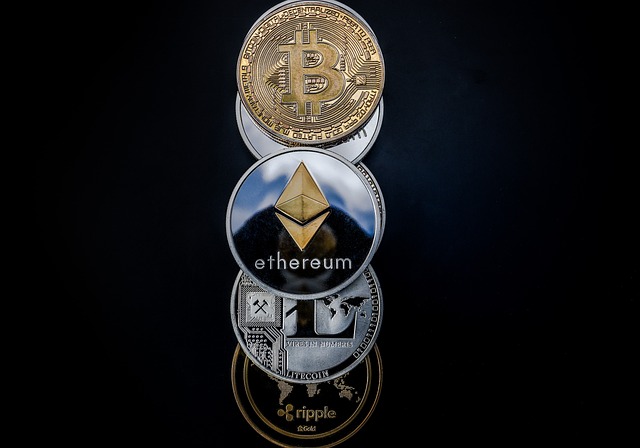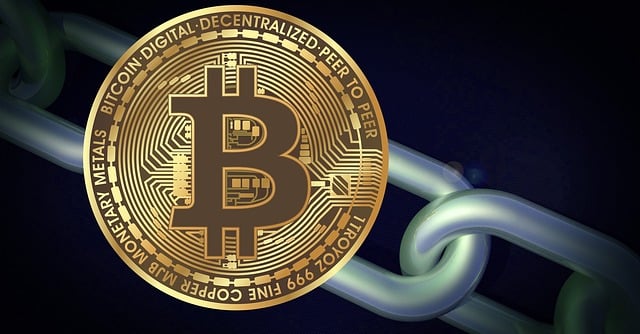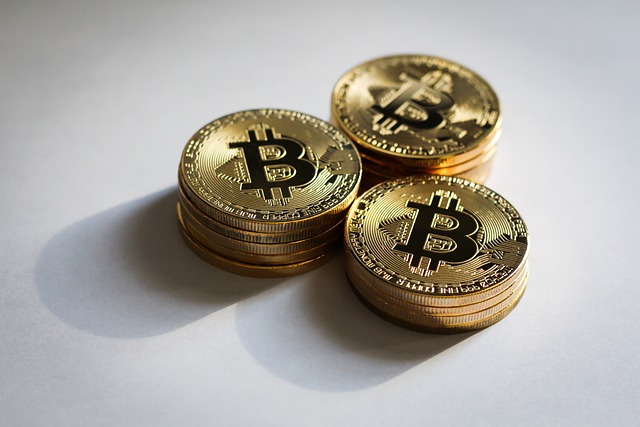Geopolitical tensions significantly influence the cryptocurrency market, driving its volatility. Investors view digital assets like Bitcoin and Ethereum as hedges against traditional financial market turmoil, especially during political unrest. While cryptocurrencies offer decentralization and borderless transactions, they are also subject to price fluctuations due to speculation. Central bank policies further exacerbate this volatility. Governments use geo-targeting sanctions, impacting innocent individuals within sanctioned areas. As countries explore crypto for strategic advantages, understanding the complex interplay between geopolitical tensions and digital assets is vital for navigating the evolving financial landscape effectively.
In an era defined by global interconnectivity, understanding the intersection of geopolitics and cryptocurrency is paramount. As geopolitical tensions rise worldwide, the crypto market has emerged as a fascinating barometer for change, reflecting the impact of sanctions, political unrest, and shifting central bank policies. This article explores how these dynamics shape the future of cryptocurrency, delving into decentralized finance’s resilience against state control and its potential to navigate volatile global landscapes.
- Understanding Cryptocurrency and Its Global Reach
- The Rising Tide of Geopolitical Tensions
- Crypto's Initial Response to Political Unrest
- Central Bank Policies and Market Volatility
- Geo-targeting Sanctions and Crypto's Role
Understanding Cryptocurrency and Its Global Reach

In the digital age, cryptocurrency has emerged as a revolutionary force with a unique ability to transcend traditional financial boundaries and geopolitical divides. Understanding its global reach is crucial in comprehending how this decentralized digital currency operates independently of central banks and national currencies, making it less susceptible to the fluctuations and controls often associated with fiat money. Cryptocurrency’s blockchain technology ensures that transactions are secure, transparent, and distributed across a network, allowing users from around the world to participate without the need for intermediaries.
The global nature of cryptocurrency is particularly noteworthy given the increasing geopolitical tensions that can significantly impact traditional financial systems. As countries impose sanctions or restrict access to their financial infrastructure, crypto offers an alternative means of conducting international transactions and preserving wealth. Its decentralized design allows users to bypass centralized institutions and their regulations, making it a compelling option for those seeking financial independence and protection from political interference in their monetary affairs.
The Rising Tide of Geopolitical Tensions

Geopolitical tensions have been on the rise globally, with conflicts and rivalries intensifying across various regions. These tensions often manifest in economic, political, and technological spheres, and their impact is increasingly felt in the world of cryptocurrency. As geopolitical instability grows, investors and market participants become more cautious, leading to volatile crypto markets.
The interconnectedness of global economies and the digital nature of cryptocurrencies mean that geopolitical events can rapidly affect market sentiment. Sanctions, trade wars, and political unrest can disrupt traditional financial systems, prompting investors to seek alternative assets like Bitcoin and Ethereum. However, this volatility also presents risks, as sudden geopolitical shifts can lead to rapid price fluctuations, creating uncertainty for both investors and crypto enthusiasts alike.
Crypto's Initial Response to Political Unrest

When geopolitical tensions rise, the cryptocurrency market often reflects the broader global uncertainties. In times of political unrest, investors tend to seek refuge in digital assets like Bitcoin and Ethereum, viewing them as a hedge against traditional financial markets’ volatility. This initial response is driven by crypto’s perceived resilience to state interference and its decentralized nature, which offers a level of security from central bank policies.
Geopolitical tensions impact on crypto by increasing demand for these assets, potentially leading to price surges. However, it’s essential to note that cryptocurrencies are also subject to market speculation, and their prices can be volatile. Thus, while political unrest may initially boost crypto values, the long-term effects depend on various factors, including the resolution of tensions and broader economic conditions.
Central Bank Policies and Market Volatility

Central bank policies play a pivotal role in shaping market volatility, especially with the added complexity of geopolitical tensions. When central banks implement changes to interest rates or monetary measures, it can trigger significant swings in financial markets, including the cryptocurrency space. The impact of these policies is often felt more acutely during periods of heightened geopolitical uncertainty, as investors seek safer assets or embrace riskier alternatives based on expectations of economic outcomes.
Geopolitical tensions impact on crypto markets as they create a volatile environment where traditional financial markets and digital currencies alike experience fluctuations. Crypto enthusiasts argue that decentralized digital assets offer protection against central bank policies and global political events, while skeptics highlight the extreme volatility and lack of regulatory clarity as significant barriers to widespread adoption.
Geo-targeting Sanctions and Crypto's Role

The geopolitical landscape has increasingly influenced the world of cryptocurrency, particularly with the implementation of geo-targeting sanctions. As global tensions rise, governments and regulatory bodies are leveraging crypto as a tool to exert pressure on adversaries, aiming to restrict their financial activities and disrupt funding streams. This strategy, however, presents a double-edged sword, as it can also impact innocent individuals and businesses operating within sanctioned territories, hindering legitimate economic growth and exacerbating existing socio-economic challenges.
Crypto’s unique characteristics, such as its decentralized nature and borderless transactions, have both enabled global financial inclusion and become a target for manipulation during times of political instability. The role of cryptocurrency in mitigating the effects of traditional sanctions has been widely discussed; yet, its potential to exacerbate Geopolitical tensions isn’t often scrutinized. As countries devise new ways to leverage crypto for strategic gain, understanding the intricate interplay between geopolitical tensions and digital assets becomes increasingly vital for navigating this evolving financial frontier.
Geopolitical tensions have significantly impacted the cryptocurrency market, as evidenced by historical responses during political unrest. With central bank policies often causing market volatility, understanding how geo-targeting sanctions affect cryptocurrencies is crucial in today’s interconnected world. As global political landscapes evolve, investors and regulators must navigate these dynamics to ensure stability and harness the potential of crypto while mitigating its risks. The evolving role of cryptocurrency in managing geopolitical tensions underscores its significance as a global financial asset.
